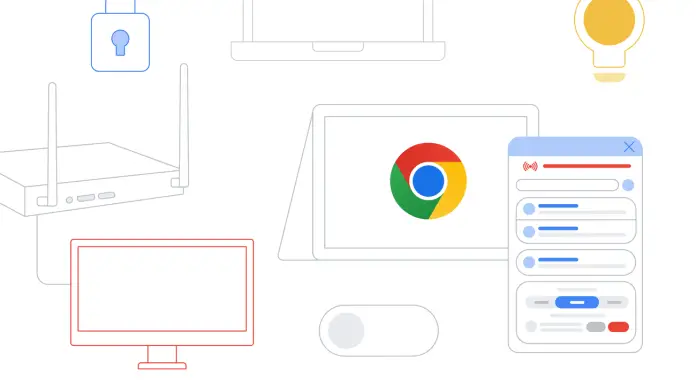A recent announcement from Google has significant implications for small business owners navigating the evolving landscape of education technology. At the International Society for Technology in Education (ISTE) conference, Google unveiled plans for enhanced functionalities in their Chromebook line, which are set to roll out in 2025. With the aim of boosting both educational tools and collaboration features, these advancements could transform the way small businesses approach training and operational efficiency, especially in tech-driven environments.
The organization recognized the increasing demand for technology that supports seamless collaboration and adaptability. Featuring real-time editing capabilities and enhanced performance, the upcoming Chromebooks promise to optimize workflows not just in classrooms, but also in workplaces where training and development are paramount.
One of the standout features is the integration of advanced AI tools like Gemini and NotebookLM, designed to aid productivity and creativity. In a world where efficiency drives success, small business owners may find these tools invaluable for brainstorming, project management, and data analysis. By streamlining tasks that often consume significant time, the new Chromebooks could empower teams to focus on key initiatives.
As businesses increasingly emphasize adaptability, Google’s commitment to user-friendly technology means that even team members with limited technical skills can leverage these tools. This could alleviate the pressure on business owners to provide extensive training, thus saving both time and resources. The enhancements aim to democratize access to sophisticated tech, putting powerful tools in the hands of all employees, irrespective of their tech prowess.
However, while these upgrades signal positive change, small business owners should remain cognizant of potential challenges. Transitioning to new technology can require upfront investment—not just in the devices themselves but also in the accompanying training. While the higher performance may reduce long-term operational costs, initial hurdles in the integration process could disrupt routines and hinder productivity temporarily. Business owners must weigh the immediate disruptions against the promised long-term benefits.
Google’s announcement also underscored the importance of feedback from its users. The company plans to actively solicit insights from educators and business owners alike as it refines these new tools. Angela Cattaui, Google’s Vice President of Product Management for Chromebooks, stated, "Our goal is to create a platform that enhances learning and productivity alike." This commitment to collaboration implies that small business owners have a voice in shaping the tools they use, making it crucial to engage with these opportunities for feedback.
Furthermore, the rollout of these advancements dovetails neatly with the growing trend of remote and hybrid work environments. Small businesses aiming to remain competitive are increasingly required to provide flexible working conditions. Enhanced Chromebooks, equipped with features tailored for online collaboration, could facilitate this transition, making it easier for teams to maintain productivity regardless of their location.
A symbiotic relationship is likely to develop between the education sector and small businesses as both strive to adapt to technological evolutions. As education technology improves, small businesses can leverage these advancements to enhance employee skills and foster a culture of continuous improvement. By positioning themselves favorably within this ecosystem, business owners can drive their companies forward in an increasingly digital marketplace.
For small business owners eager to stay ahead of technological trends, Google’s enhancements could serve as a catalyst for growth and efficiency. Engaging with new tools like the upcoming Chromebooks could unlock new avenues for innovation, productivity, and collaboration. As the details continue to unfold ahead of the 2025 rollout, businesses that proactively adapt to these changes may find themselves at a competitive advantage.
For more information about Google’s announcements and future developments, visit the original post here.
Image Via Chrome



